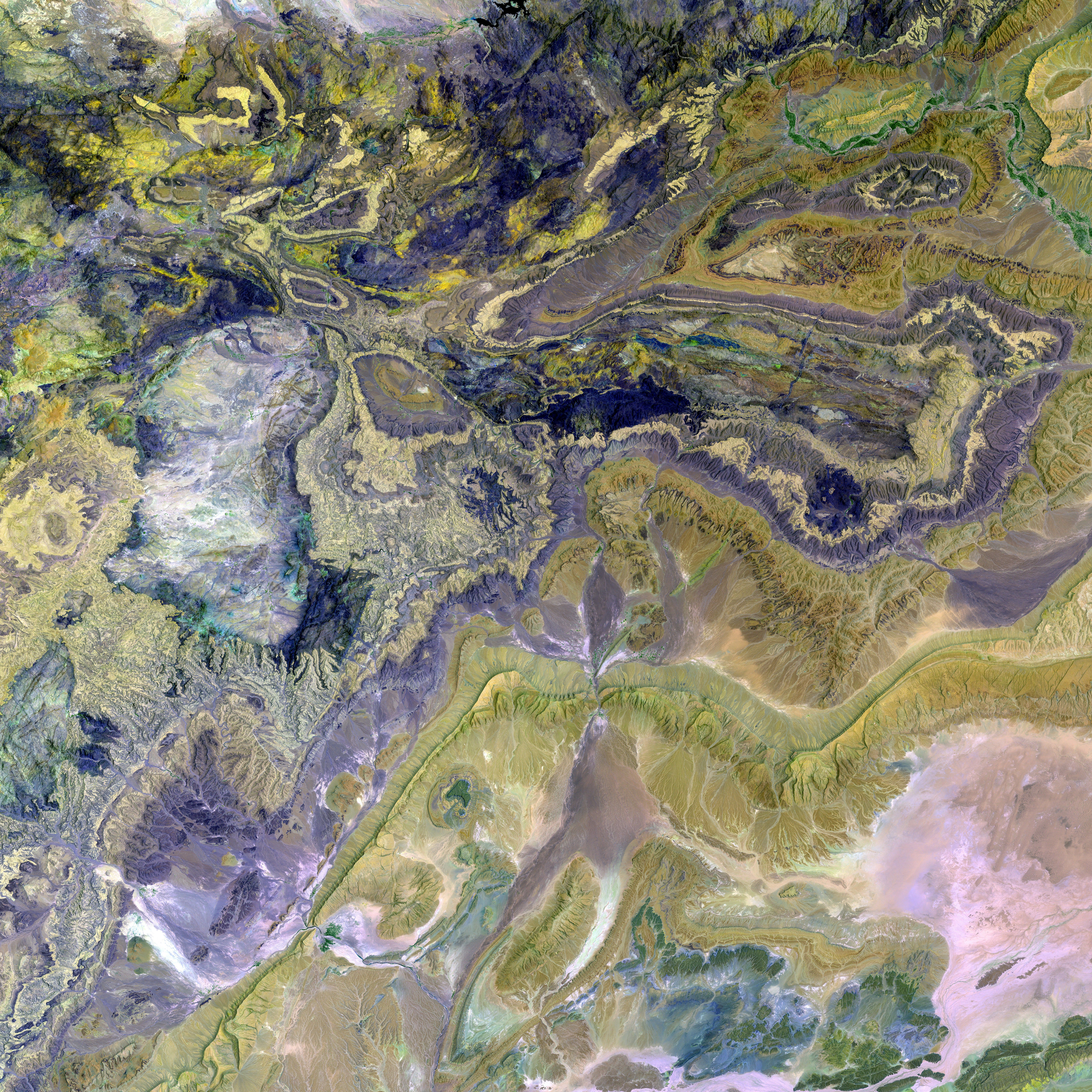Islamic Banking and Finance Overview: Origin and Illustrative Case
Whatcha really wanna know about Islamic Bankin'?
Well, it's essentially a financial system that plays by the rules of Sharia law, which means promoting fairness, honesty, and transparency, while avoiding certain practices like the collection and payment of interest, speculation, and investing in businesses that go against religious laws.
You might be thinking, "What's so different about this compared to the conventional banking system?" That's a good question. Islamic banking focuses on shared risk, profit and loss sharing, ethical investing, and treats money as a medium of exchange rather than a commodity. Conventional banking, on the other hand, is all about fixed interest rates, asymmetric risk, and less focus on ethical oversight.
Now, let's get down to business. The global Islamic banking and finance market is worth a cool $8.94 billion and is expected to grow by 11.6% to $13.89 billion by 2029. The Middle East and Africa region is the largest market, but the Asia-Pacific region is poised to show the most growth. Countries like Qatar, Indonesia, Saudi Arabia, Malaysia, and the United Arab Emirates are leading the way in this area of finance.
But what makes Islamic banking really shine is its adherence to principles. It prohibits banks from collecting or paying interest (riba), shares the risk with customers, shares profits and losses with clients, and invests in ethical sectors, avoiding industries like gambling, weaponry, and alcohol. When it comes to lending, Islamic banking takes a different approach, using equity participation instead of interest-based loans.
The history of Islamic banking is a bit elusive, but financial activities that fall under Islamic banking principles have been around since applying religious principles to business and financial transactions, called fiqh al-muamalat. Transactions should adhere to Sharia and be as transparent and fair to all parties involved, with mutual consent at the forefront.
Digital technology and artificial intelligence are having a big impact on the future of Islamic banking, with the market for software in Islamic banking expected to grow significantly by 2030.
So, there you have it, a basement-level breakdown of Islamic banking. Whether you're a Muslim or non-Muslim, you can benefit from the principles promoted by Islamic banking. Just remember to be wary of bank scams and fraud, because even in the world of finance, there's always someone looking to pull a fast one.
- The supposed difference between conventional and Islamic banking lies in their approach to risk, profit and loss sharing, ethical investing, and the view of money – the former being more focused on fixed interest rates, asymmetric risk, and less ethical oversight, while the latter treats money as a medium of exchange and avoids the collection or payment of interest.
- One of the key principles of Islamic banking is its adherence to the prohibition of (riba), or the collection and payment of interest, along with sharing risk with customers, investing in ethical sectors, and supporting businesses that conform to religious laws.
- The industry of Islamic banking and finance is growing, with an expected value of $13.89 billion by 2029, led primarily by countries such as Qatar, Indonesia, Saudi Arabia, Malaysia, and the United Arab Emirates.
- The discipline of fiqh al-muamalat, which involves applying religious principles to business and financial transactions, has been prevalent since ancient times, and has played a significant role in the early development of Islamic banking.
- Digital technology and artificial intelligence are playing a vital role in shaping the future of Islamic banking, with the market for software in this sector poised for significant growth by 2030.
- Even though Islamic banking promotes principles like fairness, honesty, and transparency, it is important to remain cautious of bank scams and fraud in the finance industry, as fraudulent activities are unfortunately prevalent in the world of finance for both conventional and Islamic banking systems.








